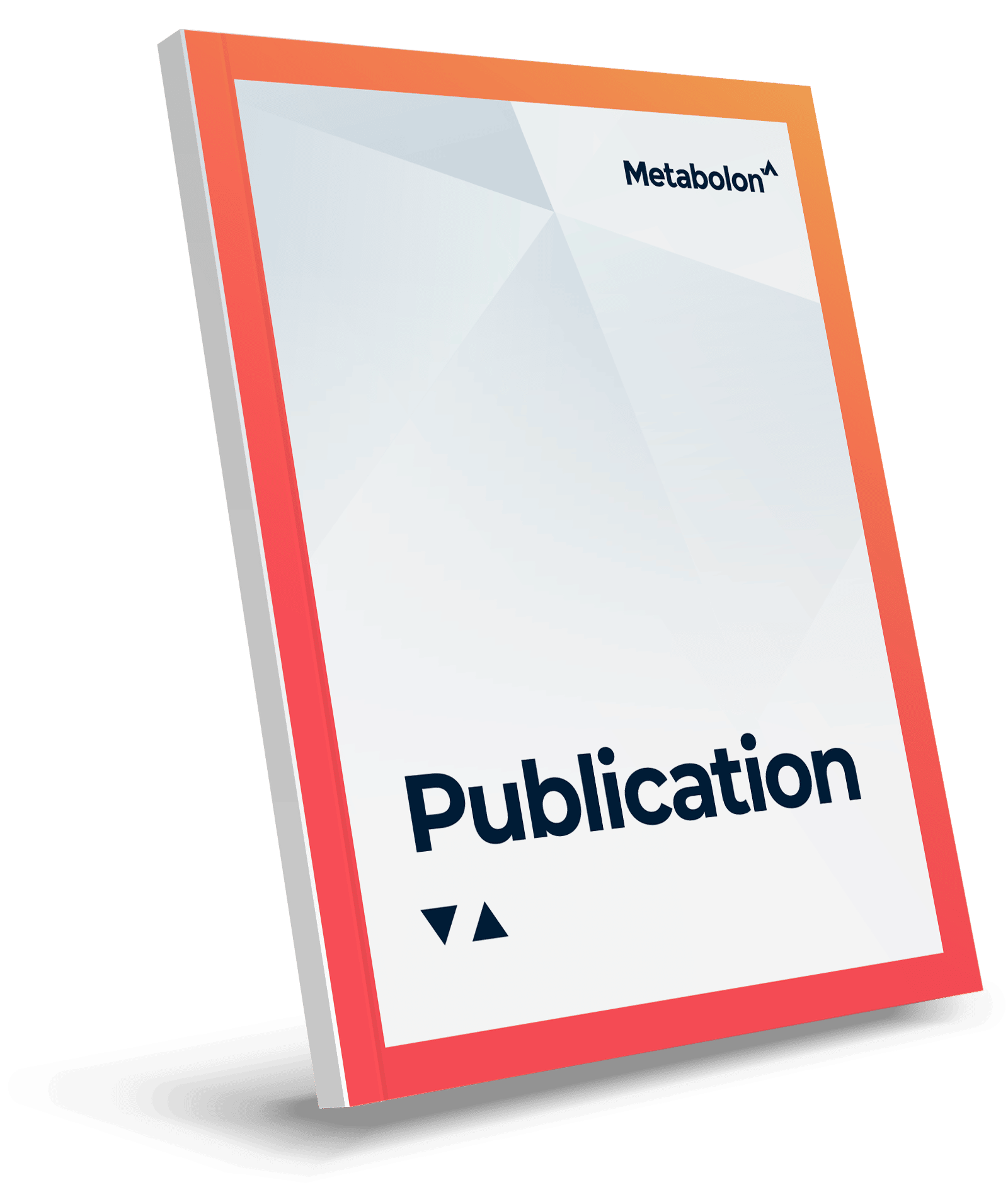Clonal evolution mechanisms in NT5C2 mutant-relapsed acute lymphoblastic leukaemia
Author: Tzoneva, G. et al.
Year Published: 2018
Media Outlet: Nature
Open Access? No
Matrix: Plasma and Serum
Biological Themes: Other
Product(s): Global Discovery Panel

Cited in over 3,000 publications, we help scientists and manufacturers gain greater insight into their studies through metabolomics.
Contact Us
Talk with an expert
Request a quote for our services, get more information on sample types and handling procedures, request a letter of support, or submit a question about how metabolomics can advance your research.
Corporate Headquarters
617 Davis Drive, Suite 100
Morrisville, NC 27560
Mailing Address:
P.O. Box 110407
Research Triangle Park, NC 27709
+1 (919) 572-1721

